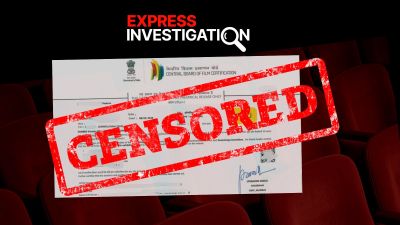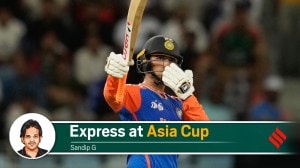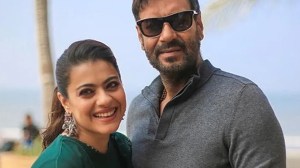Does the media enjoy special rights in a democracy?
Today, India is the most terrorist-affected country in the world. In Jammu & Kashmir alone, there have been 85,192 incidents of violen...

Today, India is the most terrorist-affected country in the world. In Jammu & Kashmir alone, there have been 85,192 incidents of violence claiming 20,506 deaths from 1988 to March 1999.
To tackle the menace, the Law Commission has recommended the passing of the Prevention of Terrorism Bill containing several safeguards so that innocent persons are not harassed. The chairman of the Commission, Justice B.P. Jeevan Reddy, has deliberated on this in his recent press conference.
The media has criticised it on the grounds that it curbs the freedom of the press to protect its sources of information (IE, `TADA’s latest avatar threatens the media’, May 29, and `Media manacles’, May 30).
The central question is, does the media in a democracy enjoy special protection when the integrity and security of the country is threatened? The growing threat posed by international terrorism has become the subject of grave international concern. Democracies, like the USA and the UK, have taken steps to combat this menace.
In India, the bedrock of freedom of the press is Article 19(1) of the Constitution which guarantees all citizens the right to “freedom of the speech and expression”. But clause (2) empowers reasonable restriction on the exercise of this right in the interest of sovereignty and integrity of India.
Under Section 118 of the Indian Evidence Act, all persons can be compelled to give evidence unless exempted by law, such as spouse giving evidence against husband or wife. Section 15(2) of the Indian Press Council Act, however, enables media to protect its source of information before the Press Council only.
In interpreting this right the Supreme Court has held in a number of cases that it is not an absolute right. It has repeatedly ruled that the rights and privileges of the press are no greater than that of any citizen of India.
The House of Lords in Britain, which is often described as the mother of democracy, had occasion to decide directly the question of protecting the source of information by the media in the case of BSC vs Granda Television (1981)). It held that … journalists, as such, have no absolute immunity from the obligation of disclosure of the sources of their information when public interest so requires… (ii) The grounds of such public interest, requiring disclosure of the source of such information so far recognised, are – (a) Where the disclosure was necessary to protect the security of the nation … it is the Court and not the journalist, who is to balance the conflicting interests, namely, the need for freedom of the press and the respect due to confidence in the profession on the one hand, and the interest of the community in justice being done….’
Subsequent to this judgment the British Parliament codified it in the Contempt of Court Act of 1981 to provide that no court may require to disclose the source of information contained in its publication unless the court was satisfied that disclosure was necessary in the interest of justice or national security or for preventing of disorder and crime.
The Law Commission has not suggested anything drastic. It may be noted that when a media person is prosecuted for not giving information under sub-clause (8) of the Prevention of Terrorism Bill 2000, it is the court that will decide the matter, taking into consideration all the relevant facts and circumstances. Even after a person is found guilty, the quantum of punishment to be awarded would be within the discretion of the court, it may even be a mere fine.
Thus, in my humble opinion, the media has overreacted in its criticism of the Prevention of Terrorism Bill 2000.
The writer is a member of the Law Commission



- 01
- 02
- 03
- 04
- 05




























